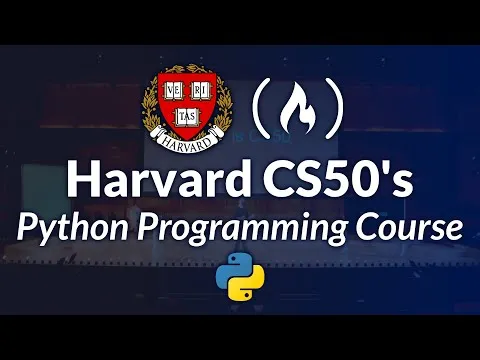
Go Pro with Doctrine Queries 
Gain an introduction to Go Pro with Doctrine Queries ▼
ADVERTISEMENT
Course Feature
![]() Cost:
Cost:
Paid
![]() Provider:
Provider:
SymfonyCasts
![]() Certificate:
Certificate:
Paid Certification
![]() Language:
Language:
English
![]() Start Date:
Start Date:
On-Demand
Course Overview
❗The content presented here is sourced directly from SymfonyCasts platform. For comprehensive course details, including enrollment information, simply click on the 'Go to class' link on our website.
Updated in [May 19th, 2023]
This course, Go Pro with Doctrine Queries, provides an overview of the Doctrine Query Language (DQL) and the query builder object. It covers how to use complex query features and how to run raw SQL queries with Doctrine.
The course begins by introducing the Doctrine Query Language (DQL) and the query builder object. It then covers how to use complex query features such as joins, subqueries, and unions. It also covers how to run raw SQL queries with Doctrine.
By the end of the course, students will have a better understanding of how to use Doctrine to query databases. They will be able to use complex query features and run raw SQL queries with Doctrine.
[Applications]
After taking this course, users can apply their knowledge of Doctrine queries to create complex queries for their applications. They can use the query builder object to create queries, use complex query features, and even run raw SQL queries with Doctrine. Additionally, users can use the knowledge they have gained to optimize their queries for better performance.
[Career Paths]
1. Database Administrator: Database Administrators are responsible for the design, implementation, maintenance, and security of an organization's databases. They are also responsible for ensuring the accuracy and integrity of data stored in the databases. With the knowledge gained from this course, Database Administrators can use Doctrine to create complex queries and optimize the performance of their databases.
2. Software Developer: Software Developers use programming languages to create applications and software solutions. With the knowledge gained from this course, Software Developers can use Doctrine to create complex queries and optimize the performance of their applications.
3. Data Analyst: Data Analysts use data to identify trends and patterns, and to make predictions and recommendations. With the knowledge gained from this course, Data Analysts can use Doctrine to create complex queries and optimize the performance of their data analysis.
4. Web Developer: Web Developers use programming languages to create websites and web applications. With the knowledge gained from this course, Web Developers can use Doctrine to create complex queries and optimize the performance of their websites and web applications.
[Education Paths]
1. Bachelor of Science in Computer Science: This degree path focuses on the fundamentals of computer science, such as programming, software engineering, and computer architecture. It also covers topics such as artificial intelligence, data structures, and algorithms. With the increasing demand for software developers, this degree path is becoming increasingly popular.
2. Master of Science in Database Management: This degree path focuses on the design, implementation, and management of databases. It covers topics such as database design, query optimization, and data security. With the increasing demand for database administrators, this degree path is becoming increasingly popular.
3. Master of Science in Software Engineering: This degree path focuses on the design, development, and maintenance of software systems. It covers topics such as software design, software testing, and software architecture. With the increasing demand for software engineers, this degree path is becoming increasingly popular.
4. Doctor of Philosophy in Computer Science: This degree path focuses on advanced topics in computer science, such as artificial intelligence, machine learning, and natural language processing. It also covers topics such as computer networks, distributed systems, and computer security. With the increasing demand for computer scientists, this degree path is becoming increasingly popular.
Course Provider

Provider SymfonyCasts's Stats at AZClass
Discussion and Reviews
0.0 (Based on 0 reviews)
Explore Similar Online Courses

Wilderness First Aid - Traumatic Emergencies

How to Upgrade to Symfony 28 then 30!

RDBMS PostgreSQL

Intro To PostgreSQL Databases With PgAdmin For Beginners

PostgreSQL: Client Applications

Mastering SQL using Postgresql

Database Design and Basic SQL in PostgreSQL

PostgreSQL: Advanced Queries

Spatial SQL with Postgres : A language for geographers

Learn SQL Using PostgreSQL: From Zero to Hero

PostgreSQL Essential Training


Start your review of Go Pro with Doctrine Queries